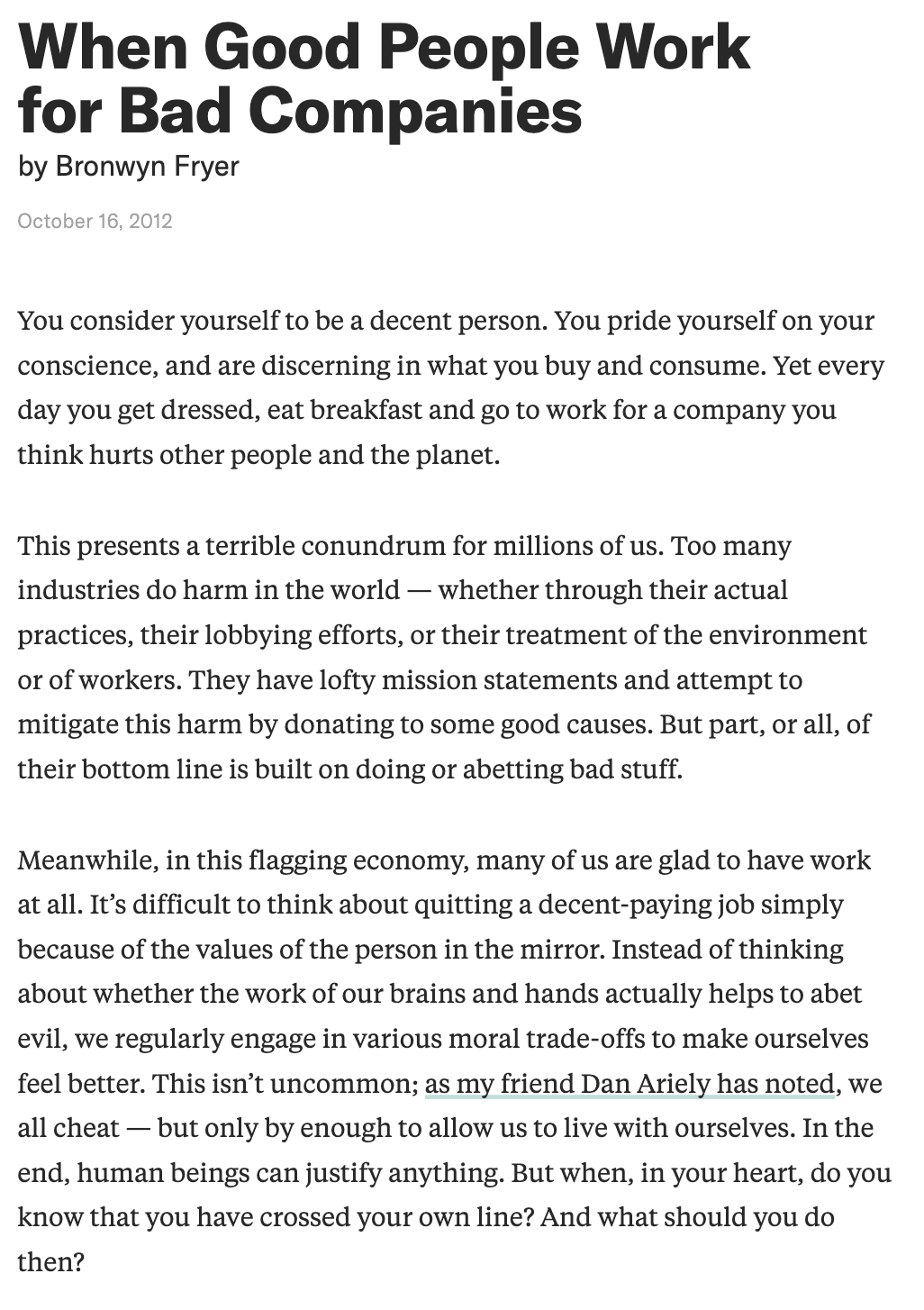You Don't Pay ANY Taxes in an Egalitarian Society
And you don't have to go against your good values to make a living
"We don't pay taxes; only the little people pay taxes"—American businesswoman Leona Roberts Helmsley, whose personal fortune was $4B.
Apparently I’m one of the little people and so, reluctantly, I paid my income taxes today. I’m guessing many of you (if you’re subject to U.S. tax laws) did the same recently or will do so soon. So this is a good time to see why, in an egalitarian society, there will be no taxes, and why—for the same reason—people won’t have to go against their good values to make a living.
Think about what taxes are used for in our current money-based class-inequality society. The federal government (an organization controlled by the very rich, and possessing sovereign power over all 341-some million Americans) makes us write checks payable to the Treasury of the United States. Then the government writes checks payable to all sorts of people and organizations on the condition that they agree and promise to do some particular thing or provide some particular product or perform some particular service. My point here is simple.
The system of taxes and money is a means of giving to the people who have and control the money the power to determine what OTHER people will do: what products they will create, what services they will perform. The system works because the people who are paid with these government checks in turn use that money to determine what yet other people will do by paying them to do it. Ultimately, everybody needs, and therefore wants, to obtain money (by doing the bidding of a person with money) because one needs money to buy the necessities of life: food, shelter, etc., as well as virtually everything else one desires.
This system is, in other words, a decision-making system, for deciding what people will do.
But notice that in this taxes and money decision-making system, people don’t do something because they think is is a good idea to do it, or because they have been persuaded that doing it is consistent with their moral values. No! People do it because they are paid to do it, period; this Harvard Business Review article spells it out:
In this taxes and money system, lots of people—millions of people—do things that they actually think are a bad idea, things that they know are not consistent with their moral values. Things like joining a military force to kill innocent civilians on command, because of the poverty draft. They do it anyway, because they need the money. The small number of people who control the money—who have or control billions of dollars—can thus make people do things they would not otherwise consent to do. This is pure coercion. This is the dictatorship of the rich despite the fact that we have elections and the trappings of democracy. Read why we should abolish the use of money here.
There is a better way to make decisions!
The egalitarian way of making decisions is:
First, egalitarians, i.e., people who value equality (in the sense of no rich and no poor) and mutual aid and fairness and truth (whether they have ever heard the word ‘egalitarian’ or not), and only they, have the sovereign power as discussed here.
Second, egalitarians decide what to do (in the economic arena) based on mutual agreements amongst them according to their values. I discuss what such an economy looks like here. It is not based on money. There are no taxes. Note that it may be very large in extent, even global if people wish.
In an egalitarian society, money is not used. An economic enterprise operates in a local community only if it gets a green light to operate by that community’s local assembly of egalitarians, consisting of all the egalitarians in the local community who wish to participate—as equals—in it. If the economic enterprise does get a green light to operate, and if a sufficient number of people volunteer to work in it, then it has a right to take (for free, not buy!) from the economy what it needs to operate, and the people who work in the enterprise reasonably according to ability have the right to take from the economy (for free) what they need or reasonably desire with scarce things equitably rationed according to need. I provide more details here for those who are skeptical that this could never work or that it entails a centralized economy (it does not). Read more here about the FREEDOM this entails for everybody.
This is the morally good way for people to make decisions about what they will or will not do in the economic arena.






